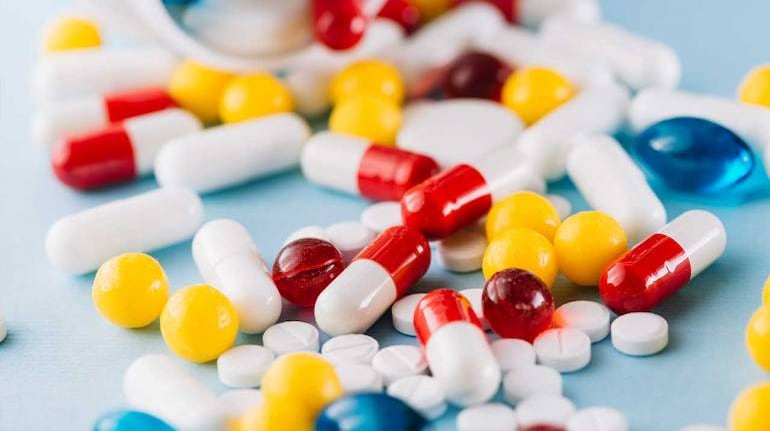
Pharmaceutical firm Lyka Labs on Friday said the coronavirus-induced lockdown had an adverse impact on sales, created liquidity crunch and the company's performance continues to be affected by COVID-19 restrictions.
In a regulatory filing disclosing the impact of COVID-19, Lyka Labs said although the government allowed pharma firms to operate during the lockdown, presence of workers at its Ankleshwar factory, in Gujarat, was very low, as a result production has been badly affected. The plant was running at 40 per cent of its capacity.
"There has been interruption in supply of raw material and packing material to the factory," it added.
Lyka Labs further said "parties who have placed orders with the company have deferred the execution of orders, as a result, sales has been affected and created liquidity crunch."
The company has to bear interest cost and fixed overheads by way of rent of the office premises and Research and development (R&D) center affecting liquidity position, it added.
The administrative office and R&D center of the company at Mumbai are partially operating at present after closing down initially during the lockdown.
The performance of the company continues to be affected during lockdown, it added.
Discover the latest business news, Sensex, and Nifty updates. Obtain Personal Finance insights, tax queries, and expert opinions on Moneycontrol or download the Moneycontrol App to stay updated!